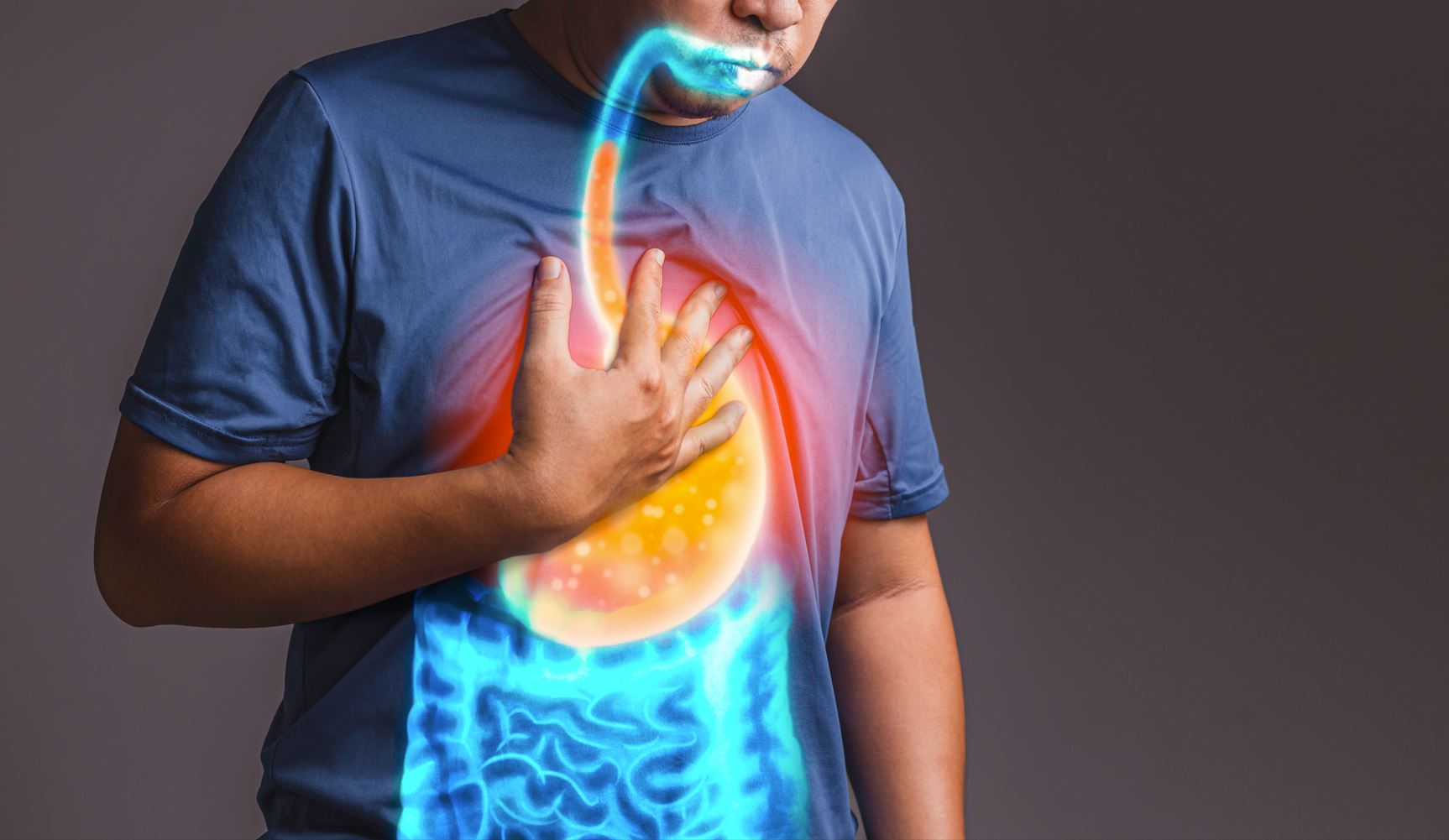
Alternative Medicine for GERD
GERD is a chronic digestive disorder affecting about 20 percent of the population. It causes acid reflux, and for anyone who may not be familiar with that term, acid reflux is when stomach acid leaks out of the stomach into the esophagus, throat and mouth. It is caused by a weakening of the lower esophageal sphincter muscle.
Some people may have occasional gastroesophageal reflux (GER) with no or only minor symptoms that manifest as acid indigestion or heartburn. Almost everyone experiences these symptoms at one time or another.
GERD is a very uncomfortable condition that can also prompt symptoms such as chest pain, nausea, problems swallowing and lead to dental decay. Certain people are more likely to be at risk, in particular smokers, people over 50 and those who struggle with obesity. Food allergies, stomach inflammation, over the counter medications and pregnancy can all be causes of GERD as well.
Naturopathic medicine and GERD
Naturopathic medicine’s approach to GERD reduces symptoms and offers new ways to strengthen the lower esophageal sphincter. We focus on healing and rebuilding irritated mucosal membrane tissue with lifestyle changes, natural medicines and alternative therapies.
As we grow older the stomach becomes less efficient at creating hydrochloric acid (HCL) as factor that can result in a “lazy” esophageal sphincter—leading to reflux. The popular go-to treatment for acid reflux is acid blocking drugs which only exacerbates an already existing issue– low HCL. Contrary to conventional treatments, and in many cases – working to improve HCL levels in the stomach is an important part of the process of addressing GERD. Improving HCL can be accomplished with herbal bitters or supplemental capsules of betaine HCL.
A very important issue in the conversation of GERD is the danger of long-term use of proton pump inhibitors (PPI) such as Nexium and others, which are among the MOST prescribed of all medications.
“The label on these drugs says not to use for more than 2 weeks,” explains Dr. Joshua Phillips, ND. “But people end up on them for years. This has a massive impact on a person’s overall health and vitality. Why? Because stomach acid is an immensely important part of the digestive system. It is crucial for the breakdown of protein, and the absorption and assimilation of minerals from our diet.”
Extended us of PPI’s comes with a long list of very serious health issues like osteoporosis, immune system dysfunction, cancers and Alzheimer’s disease.
“For all of these reasons the Naturopathic and Chinese medicine approaches treat at a more causal level without compromising the digestive systems most foundational and important functions.”
At the top of the list for lifestyle changes is to avoid food that triggers the condition. Food allergies may also be examined and recommendations for avoiding trigger foods will improve symptoms and promote healing. This generally includes spicy or acidic foods and fried foods, also nightshades like tomatoes, coffee and alcohol, and mints like peppermint. Adding oatmeal, ginger and leafy green vegetables to the diet is helpful for many patients. Switching to a high fiber diet that includes alkaline rich foods such as bananas, melons and fennel is often recommended. Supplements such as slippery elm bark and licorice root may offer relieve symptoms.
Alternative treatments for GERD
Acupuncture GERD Treatment
Acupuncture has proven effecting for the treatment of GERD and other digestive disease in recent studies. It is thought to work by modulating the gut-brain communication to relieve common symptoms. Acupuncture has also shown in other studies to be beneficial in the treatment of many other painful conditions.
For literally thousands of years, Chinese medicine practitioners have considered acupuncture to be an effective method of treating digestive dysfunctions – and this tradition is support by patients who report symptom relief and a greater sense of well-being following treatment. Studies have indicated that acupuncture helps to regulate the activity and movement in the digestive tract.
How Massage Therapy Helps GERD
Massage therapy has also been shown to relieve symptoms associated with GERD and other digestive disorders. In a 2014 study a massage therapy called diaphragmatic myofascial release significantly decreased GERD symptoms in participants. After 4-weeks of treatment those in the experimental group reported improvement in both symptoms and quality of life.
Stress has been established as a major component in GERD. Relaxation therapies including massage offer stress-reduction for patients, which naturally encourages healing. A massage therapist who is focused on relieving GERD symptoms may use abdominal massage combined with body massage for optimal relaxation and stress-reduction. Abdominal massage therapy improves symptoms of GERD, eases stress and anxiety while also reducing stomach pressure. This technique can help to ensure that the digestive tract is properly aligned and functional, giving the esophagus time to heal from the acid damage. Massage also encourages the body to heal more rapidly and improves well-being. Using specialized abdominal massage can also work to strengthen a weakened or misaligned esophageal sphincter, which will help to reduce future acid reflux flare-ups.
Hawthorn Healing Arts Center offers Naturopathy, Acupuncture, Massage Therapy and other treatment options that may be helpful to patients dealing with GERD and other digestive issues. Call 541-330-0334 to schedule an appointment for use our online appointment request form below.
